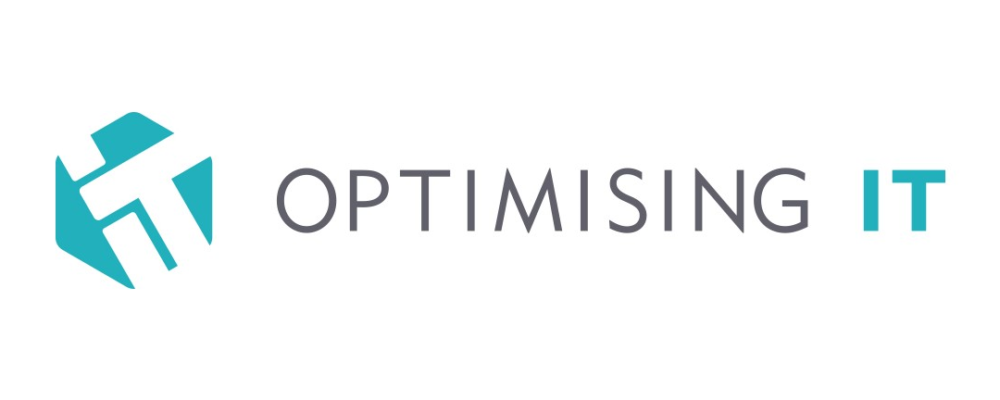There’s no doubt that cloud-based telephony is becoming increasingly popular, but is it the right solution for your business? In this blog post, we’ll explore what qualifies a company to have cloud-based telephony, the benefits and drawbacks of this solution, and how to assess whether it’s right for your business.
What Is Cloud-Based Telephony?
Cloud telephony is a way to make and receive phone calls using your internet connection. It is also known as a hosted PBX solution that is based on VoIP. It enables you to migrate the phone service for your business to the cloud.
Cloud-based telephony is a form of Unified Communications as a Service (UCaaS). UCaaS is a unified communications model that combines different ways to communicate and work together. With cloud telephony, you can move your phone calls to the cloud and connect them to your CRM, instant messaging systems, video meetings, and other business processes.
How Does Cloud-Based Telephony Benefit Your Business?
There are several reasons why cloud-based telephony can be beneficial for businesses. A few of the benefits include:
It Enables Better Communication
Cloud telephony makes it easier for your staff to converse and grow as your business does. Cloud-based telephony will make it easy and affordable to grow your business, whether you’re employing remote workers, opening new offices, or adding to your existing teams, as they will be better able to communicate via the cloud.
It Boosts Productivity And Morale
Cloud-based telephony will help your teams work together better and make your staff more engaged, focused, and happy at work, thanks to tools that allow them to work from home.
It Saves Money
The most obvious benefit is that it can save the business money. With cloud-based telephony, there is no need to invest in expensive on-premises hardware and software. Instead, the telephony solution is hosted by the service provider and accessed by businesses via the internet. It can result in significant cost savings for businesses, as they only need to pay for what they use on a pay-as-you-go basis.
It Grows And Scales With Your Business
Another benefit of cloud-based telephony is that it can be quickly and easily scaled up or down to meet the changing needs of the business. For example, suppose a business experiences a sudden increase in call volume. In that case, it can add more capacity to its cloud-based telephony solution without making any significant changes or investments. Conversely, if a business experiences a decrease in call volume, it can quickly scale back its usage to save money. This scalability is one of the key advantages of cloud-based solutions over traditional on-premises solutions.
It Remains Online Even During An Outage
Cloud-based telephony can also be beneficial for businesses from a disaster recovery perspective. If a business’s on-premises telephone system goes down for any reason, calls cannot be made or received. However, with a cloud-based system, calls can still be made and received even if the primary system is down, as they route them through the cloud provider’s servers. As a result, it means that businesses can stay up and running even in the event of an unexpected outage.
They Provide More Advanced Features
Finally, cloud-based telephony solutions are often more feature-rich than traditional on-premises solutions. Service providers constantly update them, with new features and functionality emerging regularly. Businesses can take advantage of the latest features and technologies without waiting for an upgrade cycle or making any changes to their existing infrastructure.
Why Might It Not Be Beneficial For Some Businesses?
There are several reasons why cloud-based telephony may not be beneficial for businesses. These reasons include the following:
It’s Difficult To Introduce To Existing Systems
One reason is that it can be challenging to integrate with existing systems, which can lead to increased costs.
It Requires A High-Level Experience To Set Up And Maintain
Cloud-based telephony can require a high level of technical expertise, which may not be available within a company. Companies without a strong IT support team may need to outsource the management of their system, which drives up the cost.
Users Run The Risk Of Experiencing Data Breaches
Finally, some companies may have privacy or security concerns about storing data in the cloud. If your company handles banking information, there may be reservations about possible data breaches and GDPR compliance issues when a business uses the cloud backup in the UK.
How Would An Assessment Be Able To Determine That?
An assessment would determine whether cloud-based telephony is the ideal solution for a business by considering several factors. These factors include the business’s size, budget, needs, and technical expertise.
Size
The size of the business is an essential factor to consider when deciding whether to implement cloud-based telephony. A small business may have a different need for complex features than a large enterprise and, therefore, may not benefit from the scalability of cloud-based telephony.
Budget
A small business may need more money to support the infrastructure cloud-based telephony requires. With the technology, high-speed internet access, and expertise this setup requires, it can cost a pretty penny if you’re a small conglomerate.
Needs
The needs of the business are also an important factor to consider. A business requiring complex features or high call volume may benefit from cloud-based telephony. However, a company with simple calling needs or low call volume may not need cloud-based telephony’s added features and complexity.
Technical Expertise
The technical expertise of the company is another vital factor to consider. Cloud-based telephony can require a high level of technical knowledge, which may not be available within a company.
Any Security Concerns
Additionally, some companies may have privacy or security concerns about cloud backup in UK-based companies. An assessment would determine whether the risk would be worth implementing the system.
Assessing these factors will help to determine whether cloud-based telephony is the ideal solution for a particular business.
Cloud-Based Telephony Is Ideal For Large Businesses
Cloud telephony can work for you if you’re a large business that takes on large call volumes, hires remotely, and you have a technical team with high-level expertise. However, consider the security risks associated with cloud telephony based on your niche. Do you need to worry about sensitive data in the event of a breach? Can your company afford the setup and maintenance?Optimising IT can help you answer all these questions. We specialise in cloud computing and other cloud-based services. Contact us today.













